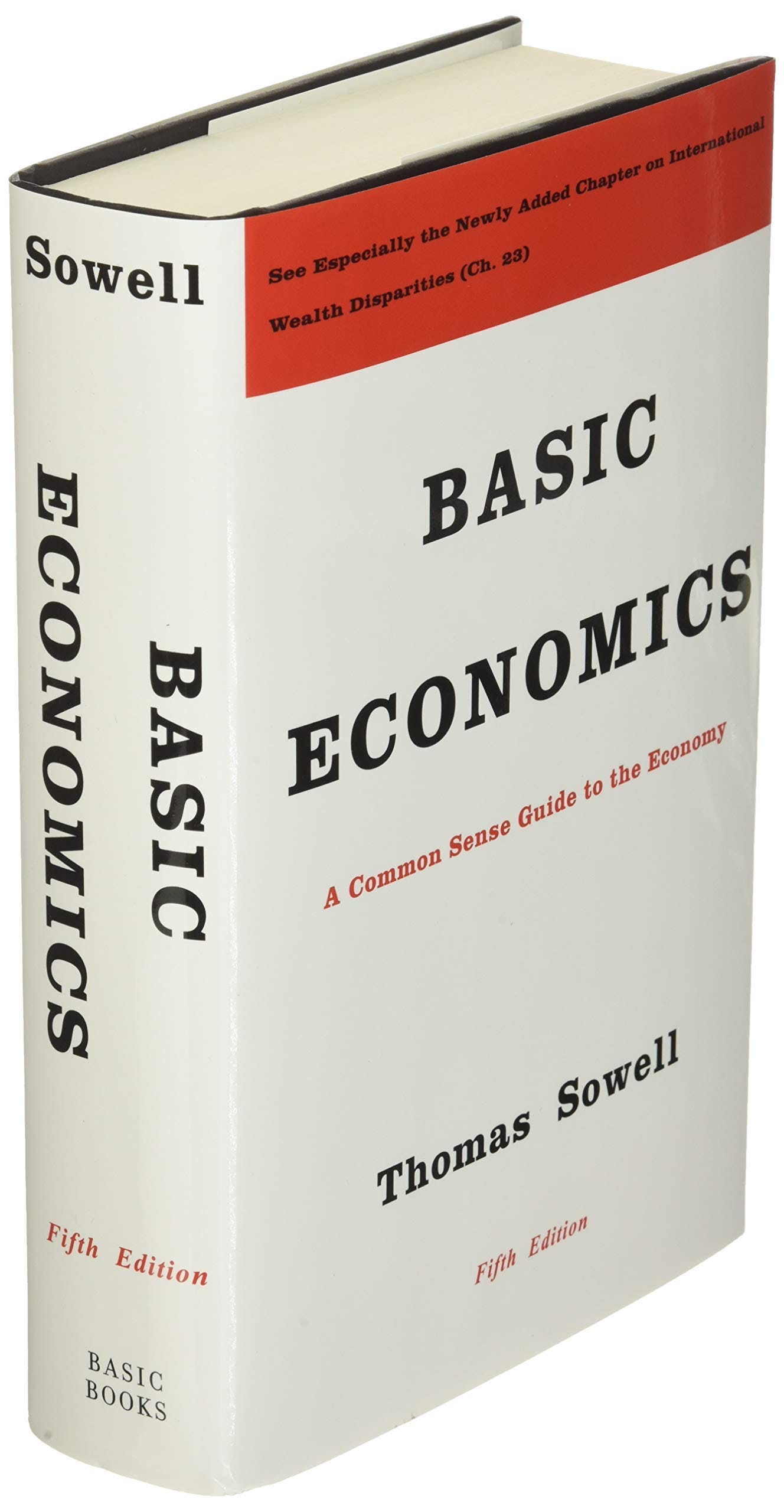Many economists are predicting an unprecedented period of global economic uncertainty ahead. With investment markets on the fritz, rising inflation, labor economy corrections, and world conflicts, there is definitely a palpable nervousness in the air.
During times like this having at least a basic understanding of economics is vital for being able to pivot and remain resilient amid changing times.
We must expand our minds with the knowledge capital needed to make strategic lifestyle moves. We must build deeper connections with ourselves as well as others to remain grounded as the world shifts. We must consider a long-term roadmap towards an economically free existence.
A key element of my reading diet on a weekly basis is The Economist. What this publication does like no other is offer a broad overview of the economic forces impacting our world, and trends that can have a trickle-down effect on the rest of us.
Recently on LinkedIn, I recently reached out to and connected with a gentleman by the name of Emmanuel Acquah who resides in the African country of Ghana. Acquah is the co-founder and CEO of Africa Center for Entrepreneurship and Youth Empowerment, an entrepreneurial policy think tank that promotes youth entrepreneurship throughout the continent. He is passionate about using entrepreneurship to help individuals, families, and communities to advance.
In his LI profile, Acquah describes himself as a thinker, futurist, consultant, public speaker, policy enthusiast, and believer in a free society. He is a former business consultant with United Kingdom charities as well as Challenges Worldwide and International Service working on local income development programs in Accra and Tamale.
In 2017, Acquah was honored as part of 60 Young Achievers in Ghana by Coca-Cola. He is a member of the Chartered Management Institute (UK) and its affiliate the Institute for Consulting (UK).
What resonated with me about Acquah was a recent post on LinkedIn highlighting his quest to read the epic 912-page book Basic Economics: A Common Sense Guide to the Economy by noted economist Thomas Sowell. Boldly he said he’d complete it in twenty-one days, which he did.
First, a little about Sowell. He is the Rose and Milton Friedman Senior Fellow on Public Policy at the Hoover Institution. Sowell received his bachelor’s degree in economics (magna cum laude) from Harvard in 1958, his master’s degree in economics from Columbia University in 1959, and his Ph.D. in economics from the University of Chicago in 1968.
My own first exposure to Sowell came back in 2002 when I read his autobiography “A Personal Odyssey.” Later I had the good pleasure of reading Basic Economics and found it to be very eye-opening and enlightening. In reading it, I walked away with a better understanding of the dynamics and market forces that have an impact on my life and those of others on a daily basis.
And currently on my digital book nightstand is the latest biography of Sowell called Maverick which I can’t wait to dive into. From my conversations with Acquah, it appears that he’s a big fan of Sowell’s work too.
“I was attracted to Thomas Sowell’s Basic Economics because some economic books I had come across often cited his works. I became more interested in reading his books after watching some interviews he had in the past. I found that I needed that ‘teaser’, to truly help me appreciate Sowell’s perspective on economics.”
Like Acquah, I discovered that what distinguishes Thomas Sowell apart from many economists and intellectuals is his ability to present complex ideas in a way that’s accessible to the common everyday person. As Sowell himself notes,
“If academic writings were difficult because of the deep thoughts involved, that might be understandable, even if frustrating. Seldom is that the case, however. Jaw-breaking words often cover up very sloppy thinking."
In Basic Economics, Sowell defines economics as simply the “study of the use of scarce resources which have alternative uses.” He used many real-world examples in his explanation of general principles underlying capitalist, socialist, feudal, and other economic systems. The beauty of this masterpiece is that it requires no prior knowledge of economics in order to successfully navigate through it.
Offering a clear exegesis of the entire economic field, from rent control to the rise and fall of business, it delivers a clear understanding of how economies function, all with such uncommon depth and breadth. While primarily appealing to neophytes of the economic realm, it also holds sway with those with a knowledge base in this area. As a result, Basic Economics has often been referred to as the “Citizens Guide to Economics.”
Circling back to Acquah for a closing thought based on his experiences in reading the book, he had this to offer:
“After reading it in 21 days, I came to understand that Sowell’s writing teaches nothing but common sense. This book explains that, after all, economics isn't a complex subject and should not be left in the hands of a few who are good at confusing the masses with jargon, plundering us, and expanding the tentacles of government.”






I'll give this a read. Thanks for the recommendation!
Yo, DMS. Sowell's existence -- as a rare and usually dismissed/derided 'black conservative' who favored free market capitalism and deep and wide looks into immigration, race, etc -- was an early influence on me (along with Bastiat, Hayek, Friedman, et al.). As an openly libertarian daily newspaper journalist with a mission to publicize people like Sowell and his ideas, I was very lucky to meet him twice and interview him several times. Here are the details.... https://clips.substack.com/p/qa-thomas-sowell-our-great-economist-emeritus?s=w